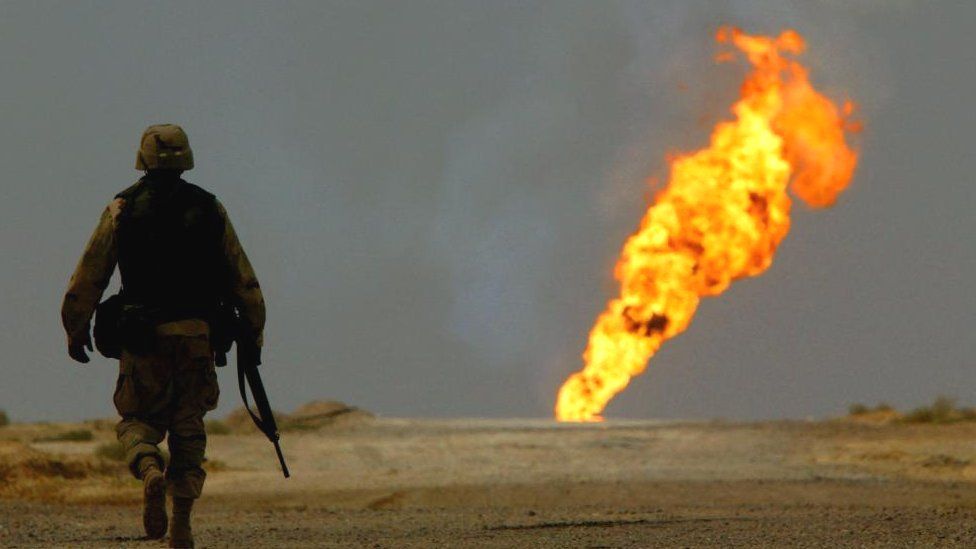-

-
-
Loading

Loading

The United States is facing a dilemma following the recent attack on a US military base in Jordan. President Joe Biden has vowed to respond strongly, but finding the right balance between deterrence and escalation is a challenge. Acting decisively is necessary to avoid sending a message of weakness that could invite more attacks, but acting too forcefully could provoke an escalatory response from Iran and its allies. The US already has various military options to choose from, which have been prepared by the Department of Defense with intelligence input from the CIA and the National Security Agency. These options are then presented to the National Security Council and policymakers, with the president making the final decision. One option is to conduct precision-guided missile strikes on the bases, weapons depots, and training sites belonging to Iran-backed militias in Iraq and Syria. However, previous strikes have failed to deter these militias, who have launched over 170 attacks on US bases since October 7th. The responsibility for the recent attack has been claimed by a group known as the Islamic Resistance in Iraq, which includes various Iran-backed militias. Another option is to target senior commanders of Iran's Revolutionary Guards Corps (IRGC) in Iraq or Syria. This approach has been used in the past, most notably when former President Donald Trump ordered a drone strike that killed the IRGC Quds Force commander Qassim Suleimani in 2020. However, this could escalate tensions further and invite a dangerous response from Tehran. Some argue that it would be irresponsible for the US to hit Iranian interests now, especially in an election year, given the current tensions in the Middle East. The US Central Command (CENTCOM), responsible for the Middle East, is already preoccupied with combating attacks by the Houthis on shipping in the Red Sea and the Gulf of Aden. US allies in the region are also urging caution to avoid a wider conflict. However, critics of the current US policy argue that the strategy of deterrence has failed, and not responding forcefully to attacks on US bases has only emboldened the perpetrators. Nevertheless, there are considerations that may alter the urgency for a radical uptick in military responses. Firstly, attacks by Iran-backed militias have been ongoing, but they have intensified recently and may subside following the conclusion of Israel's assault on Gaza. Secondly, there are calls to reduce the US military presence in the Middle East, which President Trump contemplated during his tenure. Ultimately, finding the right course of action will require careful consideration of the potential risks and consequences. The time factor must also be taken into account, as the situation may evolve depending on global events and political dynamics.